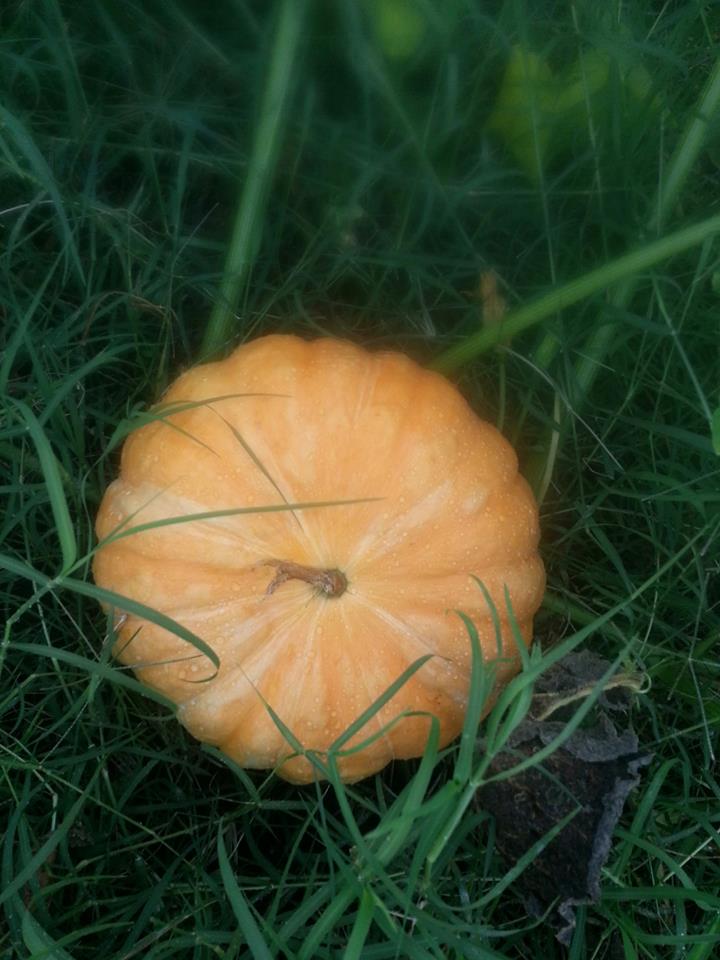Summer
Frequent summer rains allow for easier garden maintenance and supplemental watering is required only every other day with no rainfall. If you have irrigation in your garden area, then watering is even easier especially while you are on vacation. My recommendation is to leave your garden at ground level instead of using a typical 12”-18” raised bed, add irrigation risers to your system where you have established your vegetable garden, and a simple electrical dog fence will keep out your furry friends. The mild summer temperatures make working in your garden a more realistic expectation. I like to apply a slow release fertilizer when rains are frequent and after plants are established. I recommend a brand requiring approximately 1 application every 3 months.
Unfortunately the excess natural watering increases the number of weeds to pull. The best way to deal with weeds is to pull them as soon as you see them growing close to the vegetable plants. Once these weeds are rooted around your vegetable plants it is more difficult to pull one plant without the other following. It is rare that your plants will tolerate this kind of excessive soil disruption. Some common problematic weeds include Stinging Nettle which feels like an ant bite when you touch them. If you prefer to not deal with weeds like these, then some organic and non-organic solutions are available. Preen is available in both forms as a pre-emergent which means your vegetable seeds must germinate before you apply the chemical. I prefer to hand pull most of my weeds which allows me to plant seeds throughout the growing season.
Mid-summer brings lots of pests that were not present in spring and early summer. Some pests can be avoided if “tasty” pest plants are established nearby. Planting Amaranth, known as both a weed and a crop, is a good way to let bugs feast on your plants without eating all of your produce. Chemical solutions to pest problems are not particularly effective, which is why cleaver solutions like an Amaranth crop may be necessary. Other solutions like adding beneficial insects, such as ladybugs, are also a good way to reduce your pest problem. Keep in mind that these beneficial insects must have a habitable environment for them to stay in your garden.
Late summer is a great time to finish your summer harvest and begin your late summer/fall planting. Many of the same summer vegetables can be planted again in August, and by September new vegetables can be introduced to the garden. Starting pumpkin vines at this time will not win you a prize at the state fair, but it can give you a chance to pick some small jack-o-lanterns by Halloween. To keep these types of fruits from rotting immediately, weeds, grasses, and pests will need to be kept away. As with any vegetable or fruit, excessive moisture and punctures will begin their decomposition.
